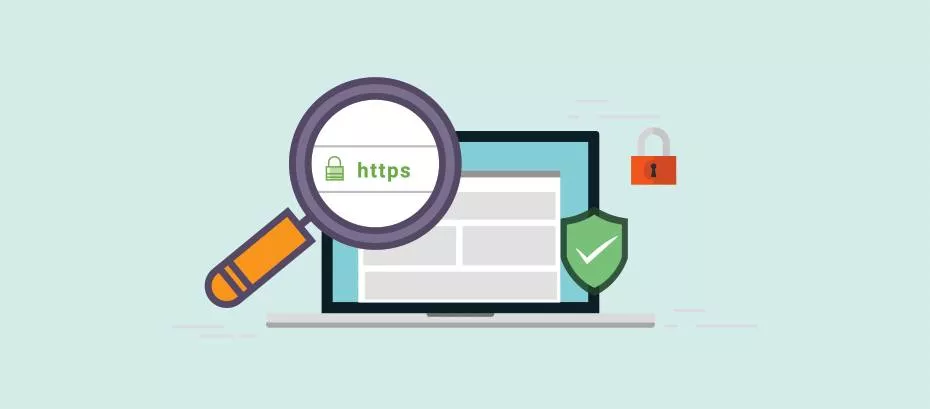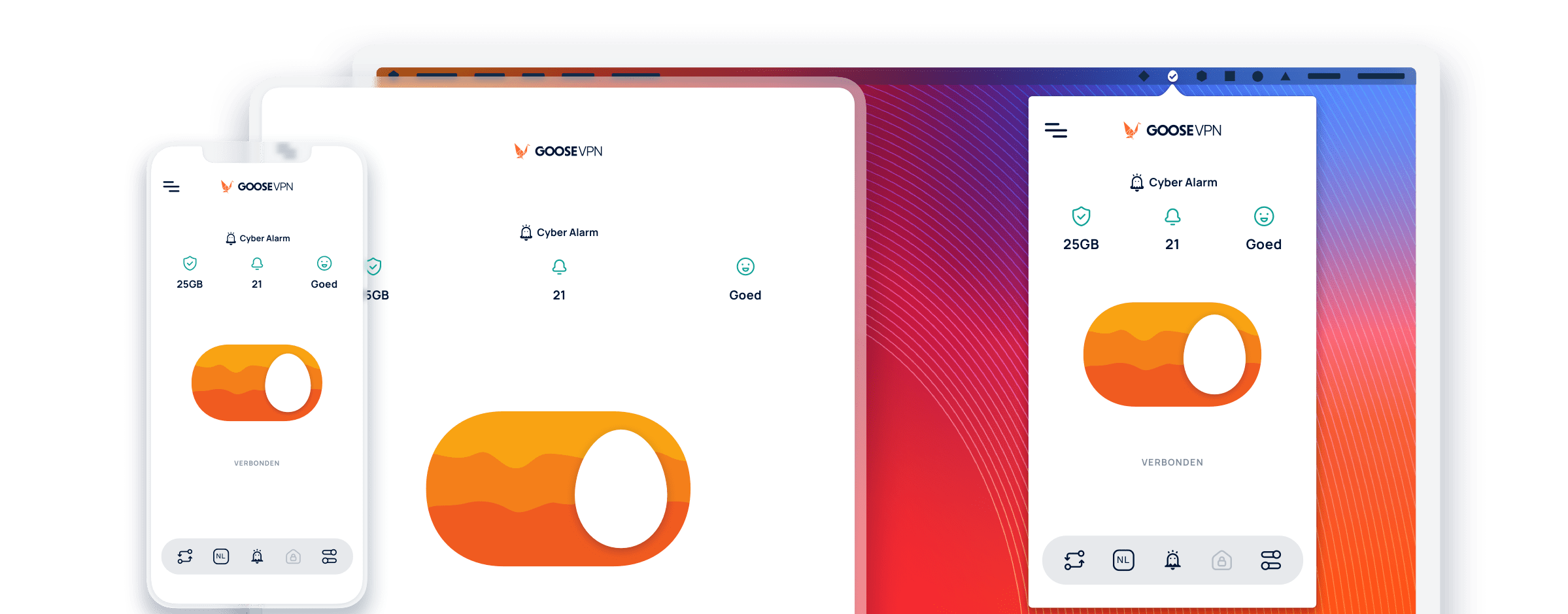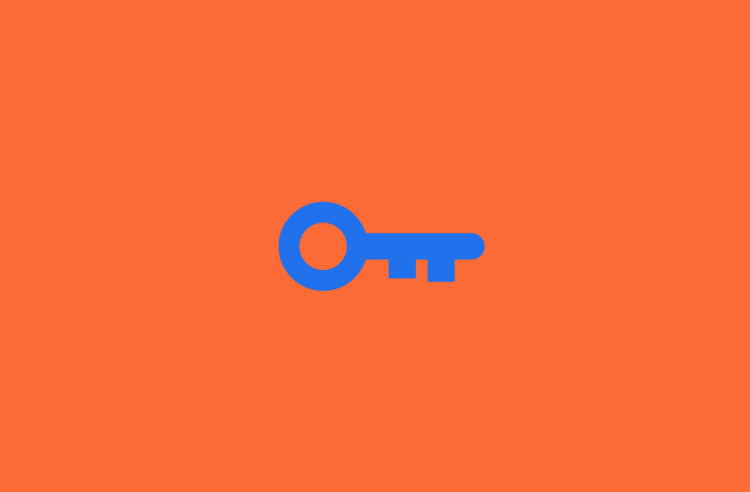
Which internet browsers are the most secure?
Everyone using the internet is automatically using an internet browser. An internet browser is the piece of software on your computer that you open in order to connect to the internet, like Internet Explorer, Google Chrome or Safari. But there are significant differences between the browsers themselves, especially when it comes to online privacy and digital security. These days, it is essential that you are capable of protecting yourself online. Hackers are using increasingly refined methods to gain access to the devices of internet users and many companies and governments are constantly collecting personal data. But is the browser you are using really that safe? And what alternatives are available? In this blog post, we’ll compare all of them.
Internet browsers compared
There are only a select number of internet browsers that are typically used by most people. Generally, these are: Internet Explorer, Microsoft Edge, Google Chrome, Mozilla Firefox, Apple Safari and Opera. Using any one of these browsers is fine (with one possible exception), but should you wish to improve your cybersecurity, then there are a few important differences to keep in mind.
- Internet Explorer: Internet Explorer is the only browser in this article that you’re better off not using any longer. Microsoft’s old browser is hopelessly dated, and its security is the worst by far. The newest version (version 11) is still receiving updates, but it will not be supported by Microsoft for much longer. Edge is starting to replace Explorer as Microsoft’s standard browser, although it’s still available in Windows 10. Unless you have a very specific reason to keep using Internet Explorer, however, you’re better off switching to another browser instead.
- Edge: Edge is Microsoft’s new standard browser from Windows 10 onward. It is a fairly new browser, but the security and overall performance of Edge appear to have been vastly improved, compared to Internet Explorer. A solid choice, but time will tell whether it remains that way.
- Chrome: Of all the browsers available, Google Chrome appears to be the most secure. Chrome not only has the smallest number of weak spots for hackers to exploit, but Google also seems to be the quickest when it comes to patching potential security leaks and updates most frequently. There is just one significant downside: Chrome is also the worst browser when it comes to privacy. Google stores everything, including your search history, locations and browsing history, so if you prize your online privacy, you’ll have to keep that in mind.
- Firefox: Mozilla Firefox is almost the exact opposite of Google Chrome. Mozilla does not store any information and always tries to protect the privacy of Firefox-users, but security isn’t what it used to be. Firefox is still a decent browser and the best when it comes to privacy, but should you still be using Firefox, you should consider switching browsers.
- Safari: Safari is Apple’s standard browser and has always been reliable. We are referring here to Safari for Mac; there is actually a version of Safari for Windows, but it has not been supported since 2012. Just as with Google and Microsoft, however, a lot of your data is being registered by Apple through your browser.
- Opera: Just like Internet Explorer, Opera used to be a very dated internet browser, until it received a large update in 2013. Opera has seen significant improvements, including to its security. An additional advantage is that Opera is less well-known. Because of this, it isn’t a very attractive target to hackers. Opera also tries to store as little data as possible and is available for Windows, Mac, Linux, Android and iOS. All this makes Opera a strong option.
Lesser known browsers
We have briefly discussed the most popular browsers, but there are a number of other options that are worth considering. The most important of these are Brave, Epic and TOR. Brave is a fine open-source browser, that provides a lot of options when it comes to privacy and security but is still relatively new. Epic is slower than usual but does offer maximum privacy. Finally, there’s TOR: The Onion Router. TOR encrypts all of your data and sends it through multiple servers, allowing you to access any page anonymously, but it is still a complex bit of software and it does slow load times.
Please note that no internet browser can protect you completely. You will also have to be careful of what kind of websites you’re visiting, what links you’re clicking and what you’re downloading. A good way to add an additional layer of security is to make use of a Virtual Private Network. With a VPN like GOOSE, all your data will be encrypted and you will be able to browse the internet safely and easily.




















